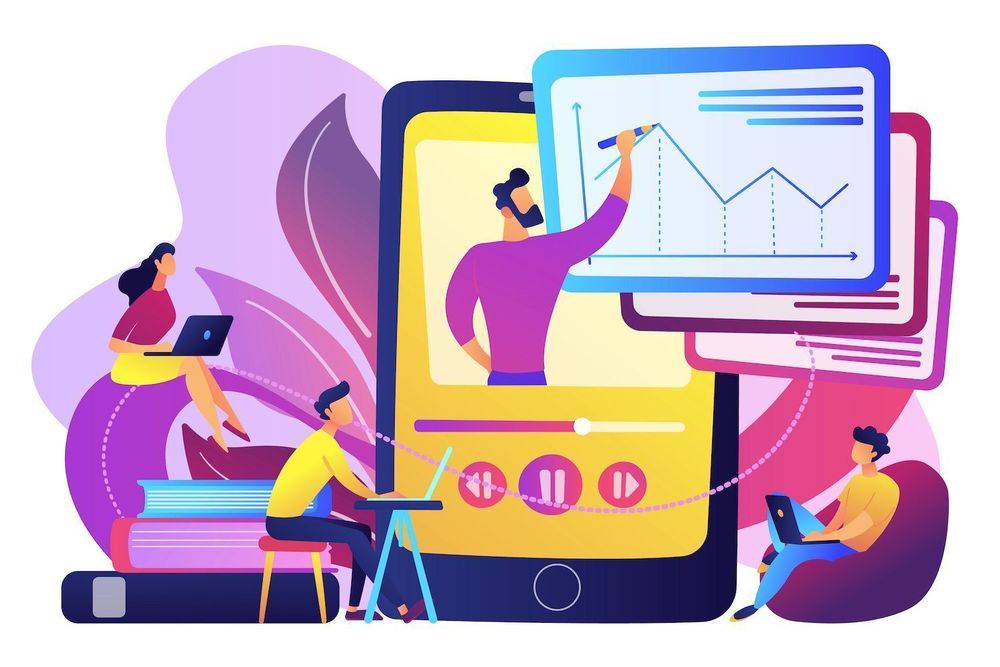What's the Epic Demands for App Stores What other game creators are Really Looking For? -
In a time when mobile app and mobile game creators struggle to remain afloat with the duopoly tax 30 which means that gamers have to contribute a large portion of the revenue generated by games on mobile across the globe, Epic Games has emerged as the top gaming business that is aiming to open up technology for the mobile.
They privately asked big and small game companies what they would like to see in the game. Here are the answers they got.
Background: The gradual death of Open Computing, and the 30% tax on applications
The computing world has never been as accessible as it is now. The industry of video games and creators relied on computer technology that was free and accessible on PC as well as Mac platforms. It allowed game designers to develop games as they would like, enjoy close relationships with their customers and choose suitable payment options for their game. There was no need for security personnel, only computer systems and players. How we live our lives is changing.
At present, over half of the time that screens are used for computing happens on mobile devices and the proportion is growing. In addition, almost 100percent of the market for smartphones is divided equally between Apple and Google. In light of the dominance of smartphones, aswell limitations on distribution of games and internet-based commerce, the world of free computing is now in danger as never before. It's causing a significant cost to both consumers and people who develop games and apps.
In this this particular instance the two Google and Apple's apps stores are charged a monthly fee of 30percent on any games or games that are that are distributed through their platforms. Apple is the only one to offer gaming distribution and online shopping via iOS devices. However, Google allows OEM marketplace applications as well as the inclusion of games onto mobiles. It does not allow payments made through third party games for games that are available on Google Play.
Google Play does offer a payment integration feature that businesses that are not affiliated with Google Play can make use of for a small percentage of game designers through the " user choice billing" trial. However "user preference billing" comes with high evergreen market prices that can range between 26% and 36%, regardless of whether you choose to utilize the payment service yourself, and you assume all responsibility and risks in connection with payment.
The consequence of Apple and Google's control of a substantial portion of the global market for computing is that there exists an additional tax of 30% on mobile games and apps that is paid by players. The tax can have a negative impact on game developers, thereby hindering the openness of computing and the eCommerce. In light of the stifling impact of open computing, both developers of both games believe that they must to change their methods.
What is it that game designers don't have Epic?
The group began a long journey that lasted only just a few minutes to talk with studios big as well as small in order to discuss things they'd like to see change to rules for mobile games. Though not all were completely in agreement with each other on all points of discussions, here's three things they talked about in a group that they'd like have:
1. iOS to support sideloading games that do not display scare screens.
iOS is restricted to specific time "sideloading" applications as and games when they're downloaded out from the App Store, on the website of the creator or through a different market. The feature allows users to buy and developers to make their games available in any way they want, as well as that they're willing to follow. Android lets sideloading apps along with games that come with warnings in the format of "scare screens" which warn people with mobile phones of the risks that come with "downloading applications from sites." The majority of game developers that we talked to were of the opinion that Apple may let sideloading be allowed as well. Apple and Google must not use large self-serving screen that decry the availability of apps from other sites that also have their own stores for apps.
2. Unrestricted "steering" and embedded payments made through third-party payment systems.
Both Google as well as Apple have a price limit, as well as the purchase options offered by third-party payment providers which do not appear in app marketplaces. Most likely, items are offered for purchase at an affordable cost the buyer however game designers cannot direct players to these options and link to different payment options or include the experiences from a third-party to their games. Many game designers spoke about the advantages of using stores, the main reason for it was to give users and developers the ability to pick and choose to avoid the limitations of payments.
3. There's no cost for steering. embedded payment.
The ability to allow control as well as payment to be embedded into the system is a fascinating aspect. The way Google has done it with"user bills" is intriguing "user bill option" pilot, the capacity to carry out tasks and the motivation towards financial reward for the purpose are two different elements. The testing of "user bill option" with a massive cost of $26 for transactions that are made through third-party payment service providers in addition to the cost they charge for their services which isn't an advantage for the vast majority of developers of games. The game designers we spoke to considered that 0 is the best cost for transactions that aren't able to be found on the apps stores. All of them were likely to give different rewards in exchange for gamers in exchange for games which will encourage game downloads and the use. But the percentage of 26% for every third-party transaction over the period does not agree with the idea that the game's creators thought would be appropriate.
What's next?
There's an array of specific and nuanced questions about how apps function, and that developers are keen to talk about, three main demands constitute the core of what they think would be the most significant change to open computing on mobile devices.
About

David Nachman David is the CEO of the established and reputable full-service business in E-commerce solutions for software companies. David is in charge of managing the growth of the company based on its extensive track record of providing the best e-commerce solutions for the rapidly growing market of software. In the last twenty years, David was in various positions such as functional vice presidents and CEOs in companies with high growth like Vision, Velocify, and HireRight.
The article first appeared this site.
The post first appeared here. the site
The post was published on here
Article was posted on here
